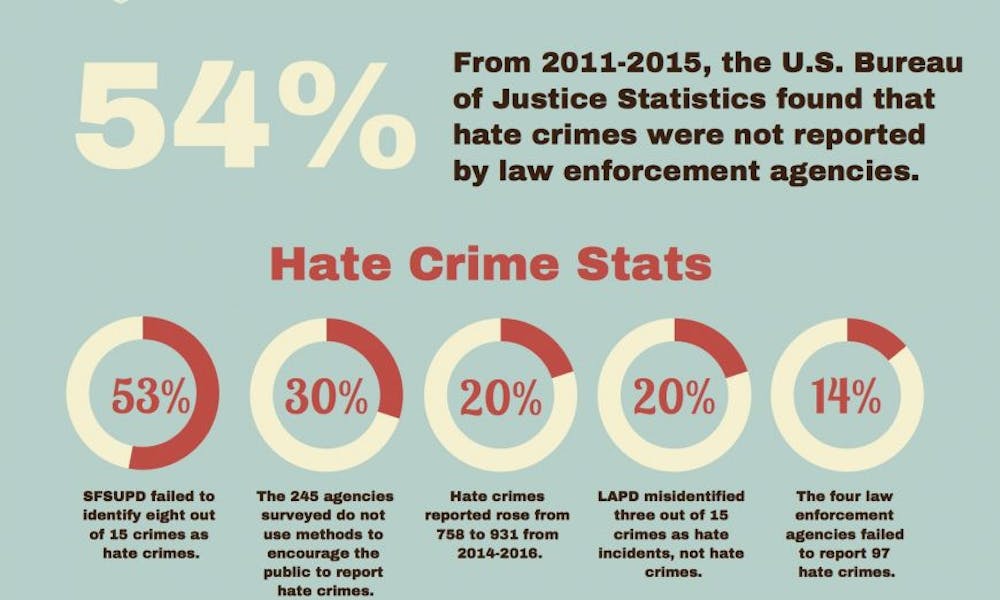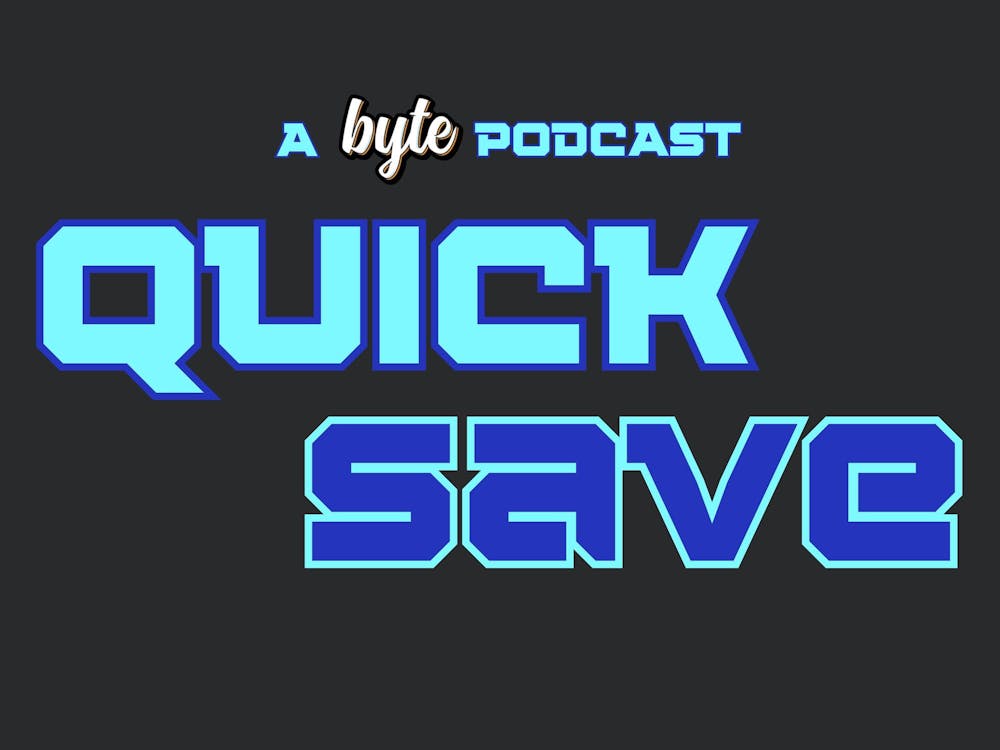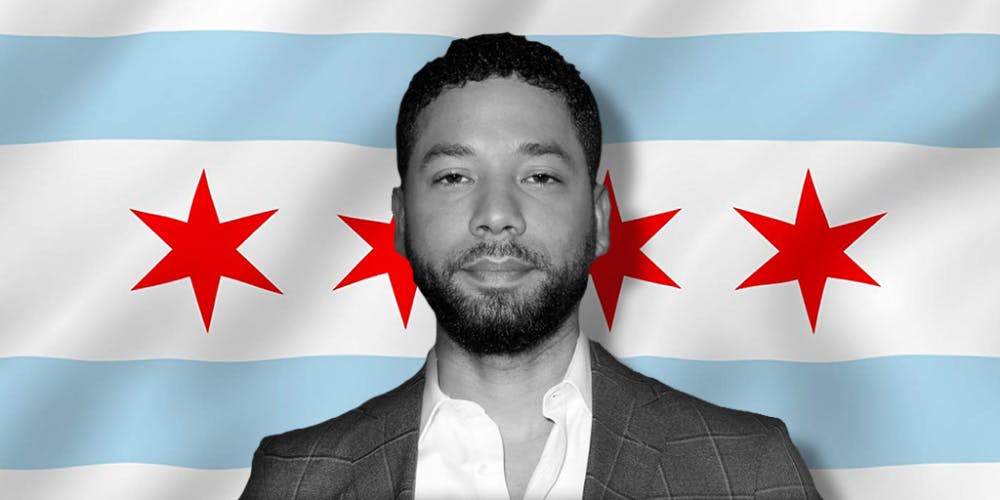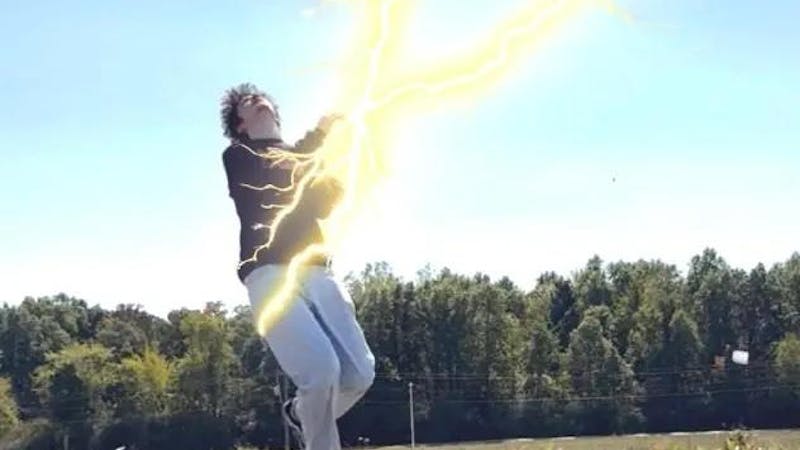by Baylie Clevenger
The opinions and views expressed in this article are those of the author and do not reflect the opinion of Byte and Byte's editorial board.
Over the past few weeks, news and social media have been buzzing with post after post about Empire's Jussie Smollett. This whole thing has been a confusing collection of events, so let’s start with a rundown of what has happened.
Smollett claimed that he was attacked on Jan. 29 in Chicago in what was being investigated as a hate crime. USA Today reports that he alleged that the men who attacked him threw racist and homophobic slurs at him, poured chemicals on him, and also wrapped a noose around his neck — a nod to the lynchings that have happened to a lot of black people throughout history.
The Chicago Police Department came forward with new developments in the case recently in which they report that Smollett likely faked this attack. On Feb 15, after having arrested the suspects of the alleged attack, the men that were questioned by police claimed that Smollett paid them to stage the attack.
On Feb. 20, after further investigation, Smollett was indicted for charges of disorderly conduct and false reporting of a crime. On Feb. 22, the Empire star was officially removed from the cast of the show.
This whole case has been sad and despicable, and in the midst of a widely publicized fake accusation, there is no better time than now to remember how many real hate crimes happen on the daily.
According to reports made by the FBI, in 2017, more than half of the hate crimes committed were motivated by race and about 15% of them were motivated by bias against sexual orientation. Among the hate crimes that were reported, religion, sexuality, and race were the top three biases that were motivation for the reported crimes.
Breaking down the information, the FBI also reported that among the sexuality-related hate crimes, more than half of them were against gay men, and among racially-motivated hate crimes, about half of those were anti-black attacks as well.

Right after Donald Trump’s election, the SPLC really stoked panic. A pro-gay Episcopal church in Indiana was vandalized w/“Heil Trump,” a swastika, & an anti-gay slur. Turns out it was the gay organ player who did it. He was only charged w/a misdemeanor. https://t.co/QxeOoBHohC
— Andy Ngo (@MrAndyNgo) February 17, 2019
ABC 7 FBI Chicago Tribune




















